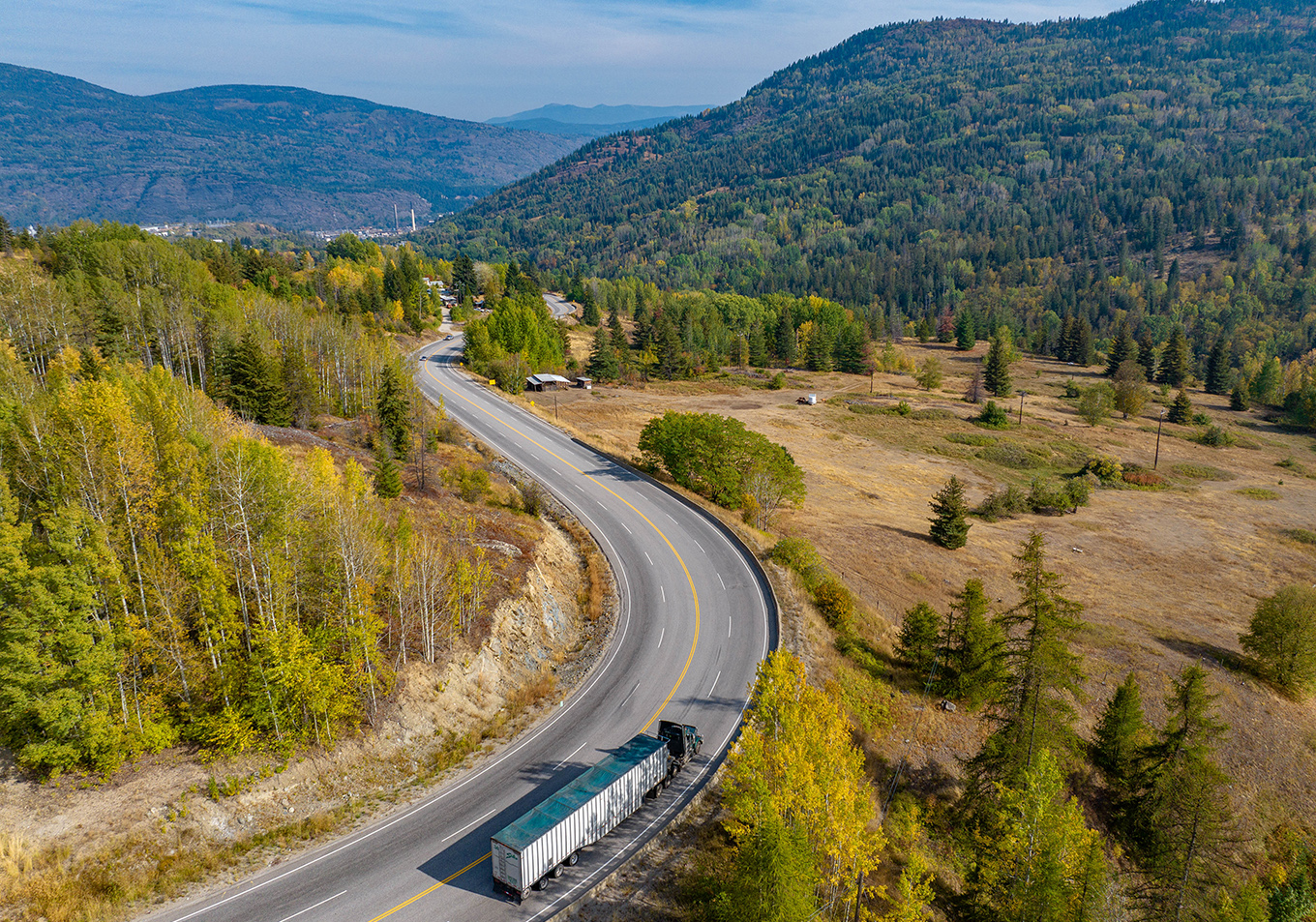Study finds battery hub feasible for BC's Southern Interior
The federal government’s plan to phase out gas and diesel passenger vehicles by 2035 requires the Canadian economy to shift, with battery recycling at the forefront in the Lower Columbia region of BC’s Southern Interior.
Economic development agency Lower Columbia Initiatives Corporation (LCIC) is leading the charge by investigating ways to further augment the region’s battery hub operations and diversify its economy.
“We have clean power, and we have lots of water available, and we’re on our way to establishing a battery hub,” says Jacomien van Tonder, director of Metal Tech Alley, a subsidiary of the LCIC and global leader in the industrial circular economy.
“We’re telling the world: we’re open for business, and we believe the circular economy movement can make environmental protection profitable.”
Rich in natural resources and home to Teck Trail Operations and established battery recycling facilities and processing plants KC Recycling and Cirba Solutions, the region is no stranger to heavy industry.
LCIC’s newly released Metal Tech Alley Battery Hub Feasibility Study examines the area’s existing entities and recommends ways to further develop an industrial cluster primed for battery recycling.
The study focuses on three recommendations: exploring niche battery manufacturing, particularly where the handling of heavy metals and plastics can be easily combined; establishing a research laboratory to leverage regional metallurgical strengths and cater to emerging national recycling priorities; and determining the feasibility of circular economy principles within the existing battery manufacturing process.
The report, issued on the heels of Teck Trail evaluating the potential development of a large-scale lithium-ion battery recycling facility, is timely. First-generation electric vehicle (EV) batteries are expected to near the end of their life cycle by the mid-to-late 2020s, approximately 10 years after the first wave of mass-produced EVs hit the market.
Demand for battery recycling facilities will only increase in the future, according to van Tonder.
“We want to expand on the battery recycling we already have going on and bring new developments,” she says, adding that the feasibility study has validated their plans to grow regional capacity.
“If you look at the electric vehicle targets from the BC and federal governments, a lot of batteries will need to be recycled in the next five to 10 years. Every EV has both lead and lithium-ion batteries. We have capacity for both types, so we’re trying to prepare for that influx now.”
Under Canada’s new Electric Vehicle Availability Standard, auto manufacturers and importers are mandated to meet annual zero-emission vehicle (ZEV) sales targets, starting with a requirement that 20% of new light-duty vehicles be ZEVs in the 2026 model year. These targets rise annually until they reach 100% in 2035.
A recent report by Statistics Canada highlights the trickle-down impacts these standards are having on consumers, revealing that ZEVs accounted for 12.1% of all new vehicles registered in 2023’s third quarter, marking a notable increase from 8.7% in the same period of 2022.
“We see this as a critical need and an economic development opportunity,” says van Tonder. “That’s the motivation behind the feasibility study: how do we diversify the economy of this region while also planning for the future?”
The report, funded by the provincial government, will serve as a foundation for the economic development agency to develop a business plan to attract battery recycling companies to the Lower Columbia.
Although it also highlights challenges such as competing against denser population centres, the need to strengthen supply chains, and socio-economic factors such as the universal housing crisis and regulatory complexities, LCIC sees this as constructive feedback to help them develop and grow a robust battery hub.
“I’m very excited about what lies ahead, because I think there are many great opportunities for this region,” van Tonder adds.
“Of course, it’s going to be really hard work to get it all in place, but we are up for the challenge because we know it’ll positively benefit our economy and make a national and even global impact.”


























Comments